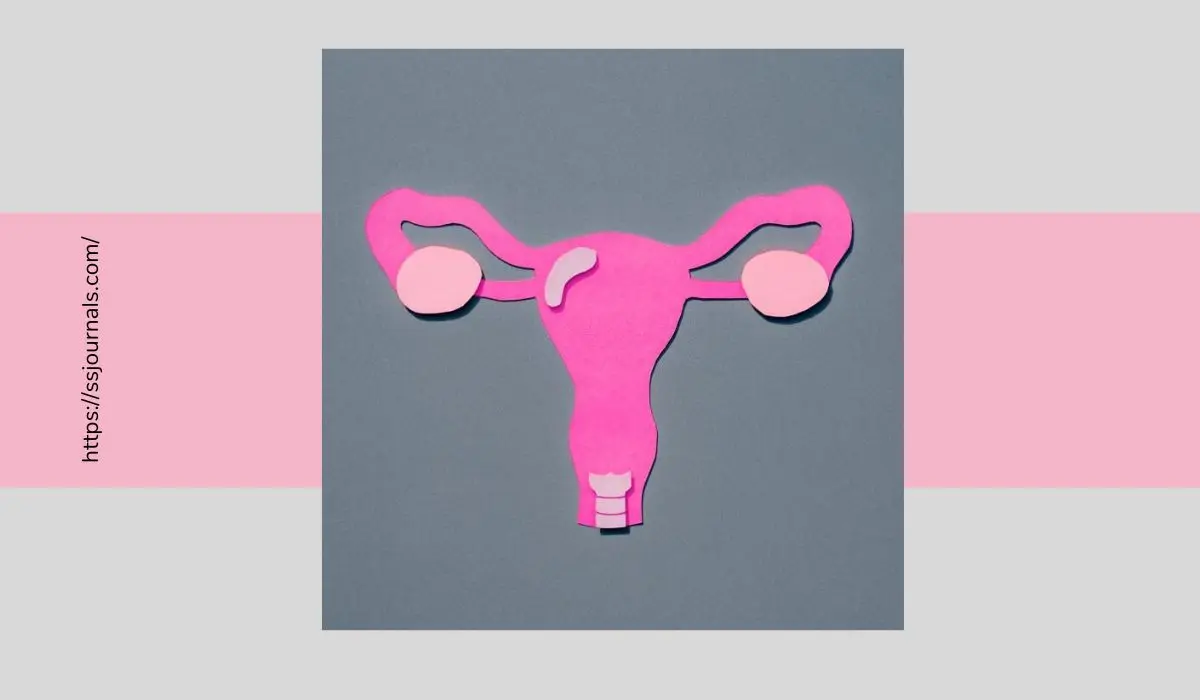Premenstrual syndrome (PMS) encompasses a wide variety of disruptive physical and emotional symptoms that many women experience in the days leading up to menstruation. While the exact causes are unclear, hormonal fluctuations and brain chemical changes are contributing factors.
Diet and lifestyle habits can significantly impact PMS severity. The right nutrients can alleviate symptoms, while unhealthy foods can make them worse. Here are 5 foods to help ease PMS discomfort.
What Is Premenstrual Syndrome (PMS), And How Is It Caused?
PMS refers to recurrent symptoms like mood swings, bloating, breast tenderness, fatigue, food cravings, and irritability that consistently occur after ovulation and before the start of menstrual bleeding.

While the cause is not fully understood, they are linked to hormonal changes in the menstrual cycle like declines in estrogen and progesterone. Fluctuations in serotonin, endorphins, and other brain chemicals also play a role in PMS development.
Premenstrual Syndrome (PMS) Symptoms
Over 150 PMS symptoms have been identified. Besides emotional and physical discomforts, behavioral and cognitive changes can occur such as:
🔹 Mood swings – depression, anger, irritability, anxiety, crying
🔹 Breast swelling and tenderness
🔹 Bloating, water retention, weight gain
🔹 Fatigue, trouble sleeping
🔹 Headaches or muscle pain
🔹 Food cravings and overeating
🔹 Digestive issues – constipation or diarrhea
🔹 Trouble focusing and concentrating
🔹 Feeling overwhelmed or out of control
5 Foods To Ease Your PMS Symptoms
Premenstrual syndrome (PMS) afflicts up to 85% of menstruating women with disruptive symptoms like cramps, mood swings, headaches, and bloating.
While the exact causes are unclear, hormonal fluctuations and brain chemical changes are contributing factors.
Diet and lifestyle habits can significantly impact PMS severity. The right nutrients can help counteract symptoms, while unhealthy foods can make them worse.
Here are 5 foods to help ease PMS discomfort:
1. Salmon
This omega-3-rich fish contains EPA and DHA fatty acids with potent anti-inflammatory properties.
Consuming salmon regularly helps improve mood, reduce anxiety, enhance cognitive function, and decrease breast tenderness associated with PMS.
The omega-3s also curb prostaglandin production which causes cramps and pain.
2. Leafy Greens
Magnesium-rich greens like spinach and Swiss chard help combat inflammation, bloating, migraines, and sugar cravings during PMS. Magnesium also regulates hormones and neurotransmitters like serotonin that influence mood and behavior.
3. Broccoli
This cruciferous superfood is loaded with calcium that helps curb cramps and stabilizes mood. The antioxidants and phytochemicals in broccoli also support healthy estrogen metabolism which improves PMS symptoms.
4. Avocados
The healthy monounsaturated fats, potassium, and Vitamin E in avocados have been found to relieve breast tenderness, bloating, and headaches associated with PMS. The potassium balances fluids and sodium while satisfying cravings.
5. Chasteberry
This medicinal herb contains compounds that act on the hypothalamus and pituitary glands to balance estrogen and progesterone levels.
Taking chaste-berry regularly helps minimize irritability, depression, anger, and headache severity.
Implementing a balanced, nutrient-rich diet consistently all month long combined with lifestyle adjustments provides the best relief for frustrating PMS symptoms.
Be sure to seek medical advice for severe, persistent PMS that disrupts work and relationships.
With the right dietary and lifestyle changes, women can control their PMS rather than letting PMS control them.
Tips To Maintain And Ease Your PMS Symptoms
🔹 Get adequate sleep and rest during PMS to combat fatigue.
🔹 Stay hydrated and limit salty foods to reduce bloating.
🔹 Engage in regular exercise to improve mood and energy.
🔹 Take calcium and vitamin B6 supplements which regulate hormones and neurotransmitters.
🔹 Reduce caffeine and alcohol intake which can worsen anxiety and fluid retention.
🔹 Use stress management techniques like yoga, massage, and meditation.
🔹 Maintain a consistent, balanced diet instead of erratic overeating before your period.
Conclusion
PMS causes disruptive symptoms affecting both physical and mental health. While the exact pathology is unclear, diet and lifestyle interventions can significantly ease discomfort.
Including more magnesium, calcium, and omega-3 fatty acids while avoiding inflammatory triggers alleviates many PMS symptoms.
Combined with adequate rest, hydration, and stress management, a nutrient-rich diet empowers women to take control of PMS.
Seeking medical advice for persistent, severe symptoms is also recommended.
FAQs
For many women, optimal nutrition significantly reduces PMS severity. But mild to moderate symptoms may still occur. Medical treatment may be warranted for more severe PMS.
Dietary changes are most effective when implemented consistently all month long, rather than just before menstruation.
Drinking plenty of water improves fluid balance and prevents water retention and bloating during PMS. Herbal teas are also useful.
Some over-the-counter or prescription medications like NSAIDs, birth control pills, antidepressants and diuretics can provide symptom relief.
Most PMS is normal, but severe symptoms warrant medical evaluation. Endometriosis, fibroids, thyroid disorders or depression may require additional treatment.

